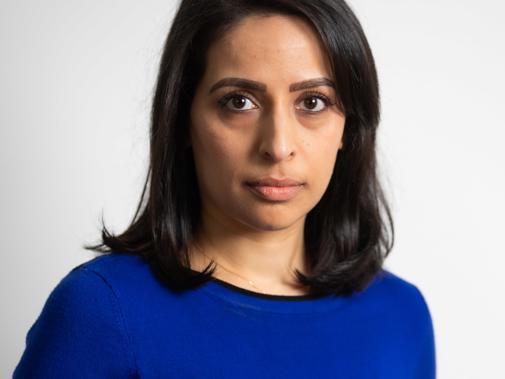Your BMA knows that, with the right support, disabled doctors and medical students can pursue and maintain successful medical careers, becoming highly skilled, empathetic, and valuable members of the medical workforce.
However, a failure to provide support can lead to these doctors being lost to the profession entirely. This is bad for the individual, bad for patients, and bad for the NHS, exacerbating retention problems, and amplifying pressures on the remaining workforce.
In 2019, we undertook a survey of disabled doctors and medical students. One of the top priorities identified was improving access to reasonable adjustments in exams. The legal duty on examination providers to make reasonable adjustments seeks to avoid putting a disabled person at a substantial disadvantage – there is a requirement to do what is reasonable to adjust policies, practices, equipment, or facilities, unfortunately, however, this isn’t always followed.
For many disabled doctors, securing adjustments they needed to work safely and effectively proved challenging. Only 55% of the respondents that needed adjustments said they managed to secure what was required. A lack of timely access to adjustments was identified as a specific barrier, with a number of respondents reporting that delays in securing adjustments had made it more difficult for them to work optimally. Four years on, many doctors are still facing difficulties, including when it comes to medical royal college exams.
Medical royal colleges play a key role in the education and training of the profession. They have an anticipatory duty under UK equality legislation to remove or mitigate disadvantages faced by disabled doctors undertaking their exams. In addition to this, there is a strong moral and common-sense case for ensuring disabled doctors are not prevented from progressing in their careers owing to inflexible assessment or examination processes or policies.
In the last few years, we’ve been exploring the challenges faced by neurodivergent doctors in relation to examinations and assessment. We have identified wide-ranging differences in the approaches taken by medical royal colleges when it comes to their exam attempts policies. Through this work, and the experiences of our members, we have uncovered that many policies unfairly affect doctors who receive a late diagnosis of a disability, owing to factors outside of their control.
This view was confirmed by a 2022 AoMRC (Academy of Medical Royal Colleges) survey of colleges and faculties on exam attempts policies relating to late diagnosis of a disability. It was deeply disappointing to see that nearly half of colleges who responded did not offer any flexibility (including the voiding of past attempts) following a late diagnosis of a disability. This diagnosis, had it been known, would have entitled the doctor to reasonable adjustments during past attempts. The findings worryingly describe a kind of specialty-based lottery on how doctors will be treated.
There are many valid reasons why our colleagues may receive a late diagnosis. Across the country, our child, adolescent and adult mental health services are stretched, resulting in waiting lists amounting to years, and we also know that there is wide geographical variation in access.
The discrepancy between genders remains, and as an example, women are diagnosed with autism spectrum disorder later. Services and diagnosis for our international colleagues varies substantially too. Doctors who must overcome these hurdles should not also have to overcome inflexible exam policies and be penalised multiple times along their career.
Earlier this year the BMA wrote to all medical royal colleges and specialty bodies overseeing postgraduate exam attempts policies. We urged those with inflexible policies not to discriminate against disabled doctors who receive a late diagnosis, and called on them to review their approach and either void past attempts or provide additional attempts, to ensure the same number of fair attempts can be undertaken.
We have sought permission from the courts to judicially review one college’s current inflexible position. We also called on those with limited flexibility in place to go much further. We met with the AoMRC and set out our view that, led by the academy, a consistent and fair approach across all medical royal colleges was needed – we look forward to seeing the academy’s recommendations in the weeks ahead, and to meeting with them again soon.
Most significantly, we have directly assisted several members impacted by inflexible polices to initiate legal proceedings against their college, and can report settlement in one of those claims so far. Our priority is to continue to fight for fairness in medicine and we shall continue to do this until all medical royal colleges adjust their policies in line with equality legislation.
We know that some medical royal colleges have recently been proactive and have moved to putting full flexibility in place regarding attempts in cases of late diagnosis; including nullifying previous unsuccessful attempts made prior to diagnosis, but others must do much more, and do it now.
We are proud to support our disabled colleagues by undertaking this important work and will continue our pursuit of fairness in attempts policies until all candidates can access the same number of fair attempts in their examinations.
If you are affected by the issues discussed in this blog please do get in touch with your BMA
My email address is [email protected] and my DMs are always open on Twitter @DrLatifaPatel
Latifa Patel is BMA representative body chair

